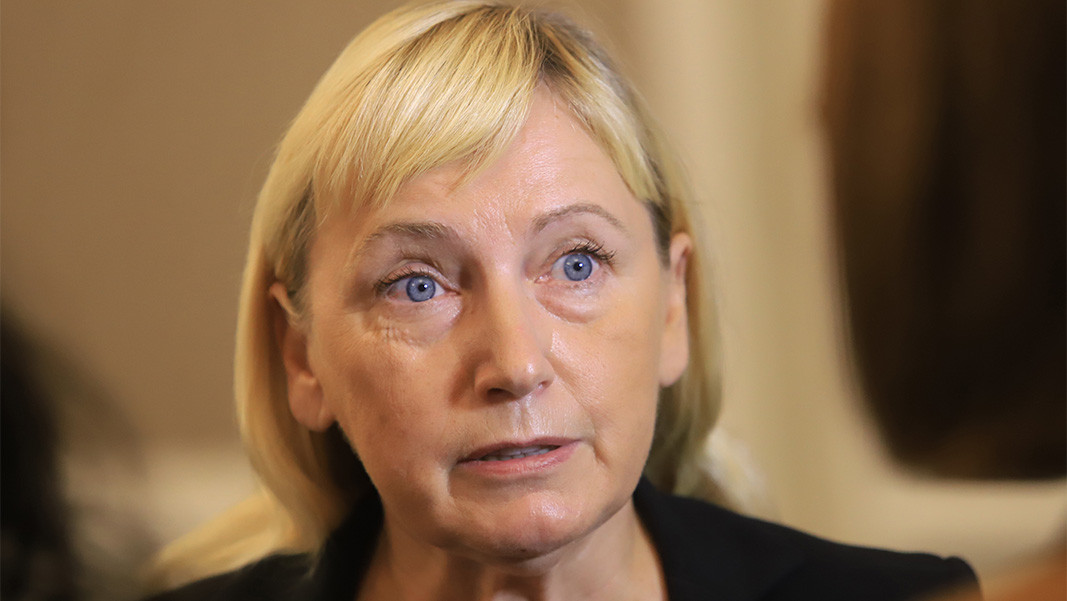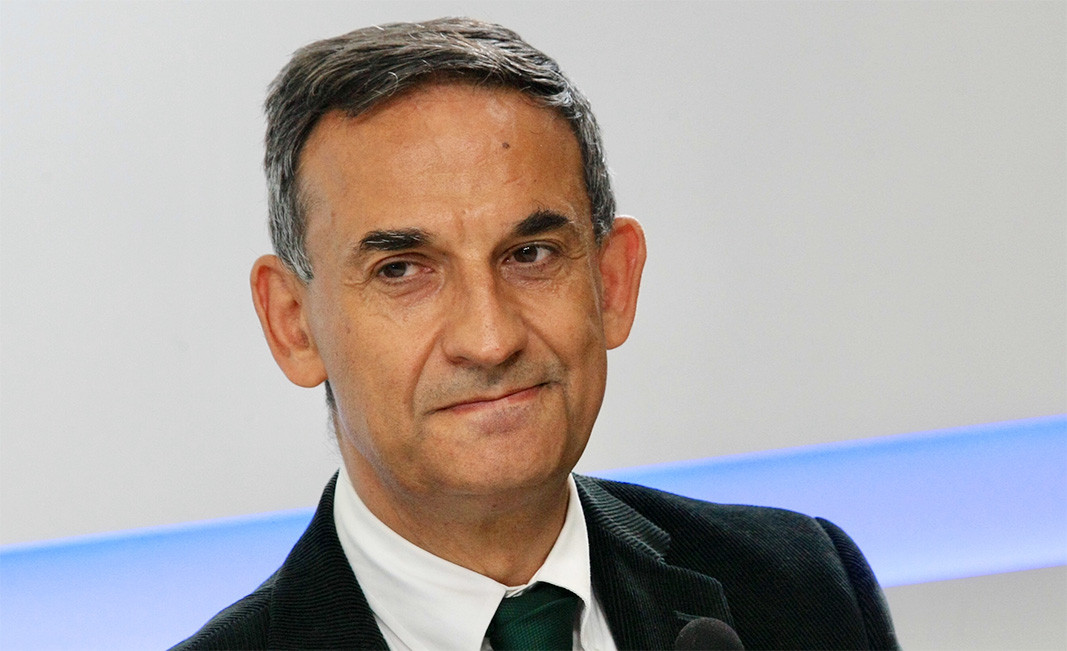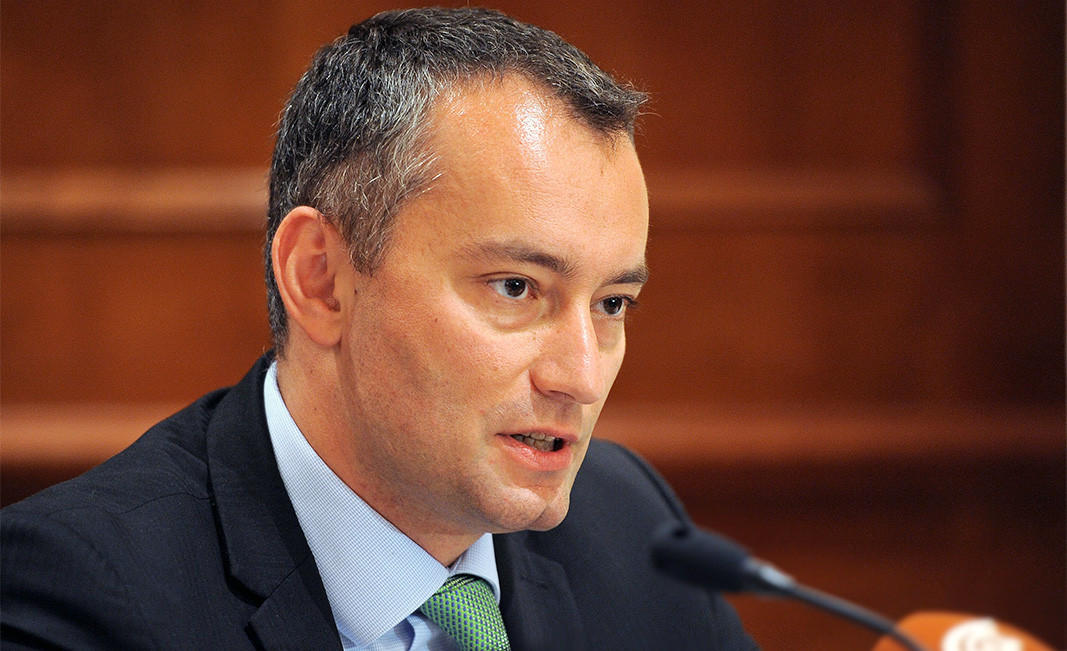The situation in Afghanistan is complex, and Bulgaria’s immediate top priority is to evacuate its citizens from the country, said Bulgaria’s Foreign Minister Svetlan Stoev during the Emergency EU Foreign Affairs Council meeting. At the meeting the EU reaffirmed its commitment to stability in Afghanistan and to aiding the country’s population. Bulgaria is an external border of the European Union, and the events in Afghanistan are already provoking expectations of migratory pressure.
In an interview for the BNR, MEP Elena Yoncheva, who is a member of the European Parliament’s delegation for relations with Afghanistan, was adamant:

“The danger to Europe and to Bulgaria coming from Afghanistan is enormous. Bulgaria is also the first stopover, and in the event of an influx of Afghan refugees towards Europe things will get very difficult for us. It must be clear that Europe cannot leave us to cope by ourselves in this situation. We mustn’t be punished for our geographic location.”
In Elena Yoncheva’s words, Bulgaria is part of the EU and it should not have to assume a disproportionate burden, the responsibility should be shared:
“Our authorities must demand concrete commitments by the EU on two points: what concrete agreements Brussels will make with third countries so that they can absorb the inflow of refugees from Afghanistan. And second – what concrete help it will render Bulgaria if there is a large influx at our border, i.e. relocation to other countries of the EU must be a very specific commitment. We cannot wait for the last moment.”
“Bulgaria’s reaction is adequate to what is happening in Afghanistan,” Stefan Tafrov, deputy chair of the parliamentary foreign affairs committee, diplomat and former representative to the UN Security Council said in an interview for the BNR.

“We must first take care of our fellow countrymen in Afghanistan and repatriate them, and also the Afghans who have worked for Bulgaria through all of the years of the country’s presence there. We owe it to them to help them,” Stefan Tafrov explained.
Some political forces in Bulgaria have been talking of severe migratory pressure. According to Foreign Minister Svetlan Stoev there is no such pressure as yet. However, the caretaker government stands ready to dispatch 1,000 soldiers to the borders. The patriotic non-parliamentary formation VMRO on its part demanded the formation of militia groups to assist border authorities.
“Migratory pressure is possible though it is not a fact yet,” commented Stefan Tafrov. “Of course, steps must be taken to restrict it. Happily in this misfortune the specialized UN agencies such as the High Commissioner for Refugees, the World Food Programme etc., are intact in Afghanistan. The Taliban appear not to want to interfere with them, and that is the natural avenue that can be used to help Afghans so they do not flee the country.”
A wave of immigrants must not be speculated with unduly, Nikolay Mladenov, former UN Special Coordinator for the Middle East Peace Process said for the BNR.

“I think that what needs to be done is for the EU, NATO, all of Afghanistan’s neighbours even, to state, loud and clear, that they will not tolerate a reversion to the obscurantism which the Taliban rule in the country had imposed. This means statements by ministers, but also very clear on-site monitoring mechanisms.”
300,000 to 5 million Afghans are expected to leave the country. Is Europe ready for such a powerful migrant wave?
“It seems to me that everyone should have learnt their lessons really well from the previous migrant wave, and the institutions throughout the whole of Europe should be prepared for such a risk. But such a danger must not be speculated with at this time because whether this will happen or not depends on many factors which are still under the control of the West, of our allies and partners,” Nikolay Mladenov says. “Instead of towards generating fear of such a wave, the efforts from now on will have to be directed towards preventing any attempt by the Taliban to take Afghanistan back to the obscurantism they were capable of previously in that country. If the conditions are clearly set down, and if the Taliban really are seeking the international legitimacy they say they want to be given, then there might not be such a wave, and we might not see any such concerns in Europe and the other countries of the region.”
Interviews by Irina Nedeva and Daniela Goleminova, Horizont channel, BNR
Editing by Elena Karkalanova
Bulgarians are the third largest minority in Albania, according to the latest census data. These are the first official data on the number of Bulgarians in Albania, as the Bulgarian minority was only officially recognised in 2017. It was not until the last..
North Macedonia claims Bulgaria doesn’t have a project for a railway line along Corridor No. 8 The construction of the railway line from Kriva Palanka in North Macedonia to Bulgaria along corridor No. 8 could lose the EU funding because of tenders..
The Bulgarian Head of State Rumen Radev insisted on immediate concrete actions by the Bulgarian government and the European institutions for the observance of the European principles in the enlargement of the European Union. "The new..

+359 2 9336 661
